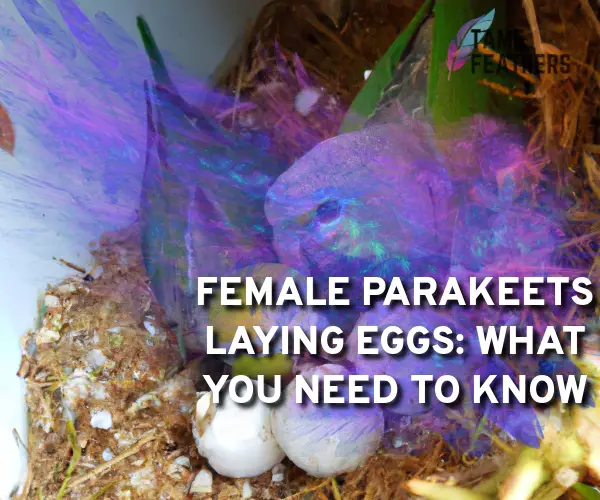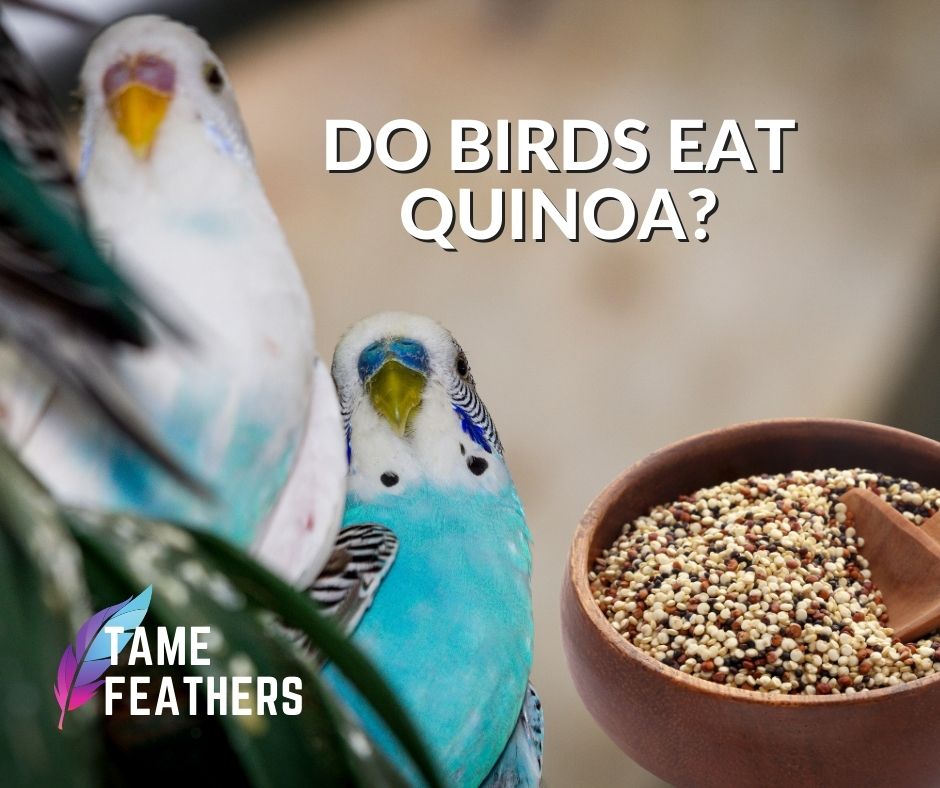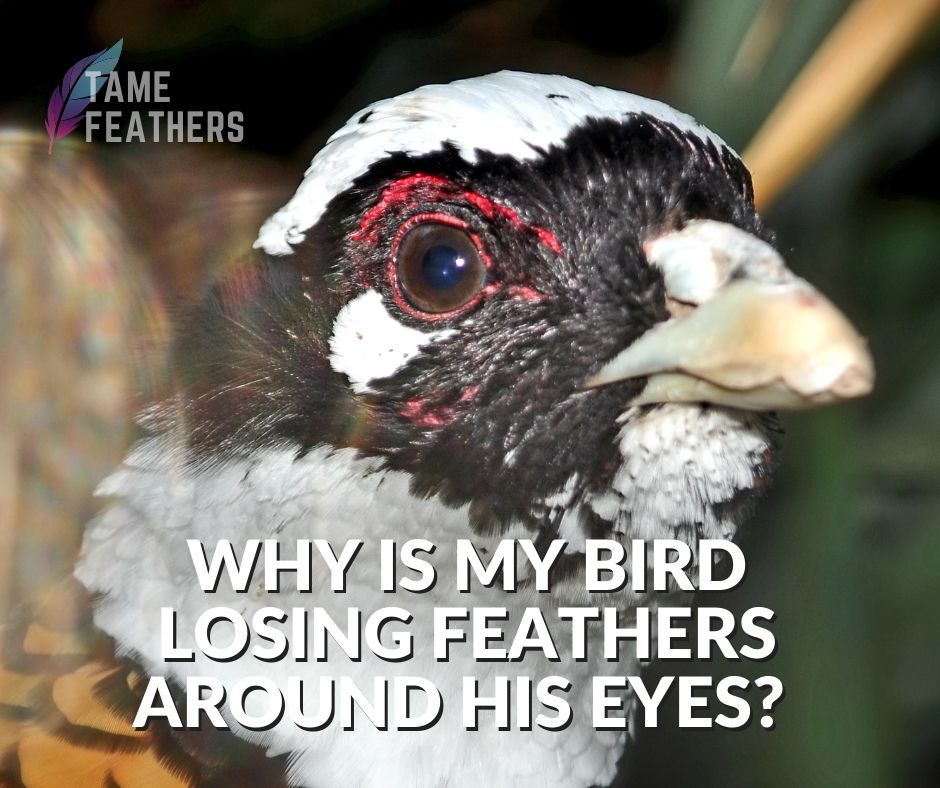Table Of Contents
- The Reproductive Process of Female Parakeets
- Caring For Your Birds Through Egg Laying
- What To Do When Eggs Are Laid?
- Expert Advice On Raising Healthy Young Budgies
- Conclusion h 2 > It takes patience dedication lots love look after successfully breed raise young healthy happy female parrots especially those species popular pet choices world wide today like Budgerigars often referred simply ‘Budgies’ short With right know how preparation coupled expert advice guidance anyone willing dedicated put effort reap rewards having feathered family members home own ! FAQs About Parakeets We Thought You Might Want To Know This About Parakeets… 😊
- FAQs About Parakeets
- We Thought You Might Want To Know This About Parakeets… 😊
The Reproductive Process of Female Parakeets
Female parakeets, also known as budgerigars or budgies, are monogamous birds that mate for life.The female and male both help in the reproductive process.
Once they have mated, the female will lay eggs anywhere from 4-8 days after mating has occurred.
During this time, it is important to make sure that your bird is well cared for and eating a balanced diet.
This will help ensure healthy offspring later on down the line.
The nesting location should be set up before laying begins so that you can give your bird some privacy during this sensitive time in her life cycle.
A box with straw bedding makes an excellent nesting spot for parakeet parents-to-be! The box should be slightly bigger than their usual cage size but not too large or uncomfortable; just enough space to create a cozy atmosphere around them while they’re getting ready to lay eggs.
Make sure to check regularly on the temperature inside of the box – if it’s too hot or cold then your birds may become distressed and stop laying altogether! When it comes time for egg-laying, female parakeets usually produce one egg per day until all four (or eight) are laid out within two weeks’ time span – though sometimes they may take longer depending upon environmental factors such as temperature or food availability.
It’s best practice to leave these eggs undisturbed at all times until hatching occurs naturally; any interference could cause stress on either parent or chick(s).
The incubation period typically lasts between 18 and 21 days – once hatched, new chicks will need immediate attention from their parents who must provide warmth and nutrition until they can fend for themselves!
Caring For Your Birds Through Egg Laying
While caring for your female parakeet through egg laying there are several things you can do which will improve her chances of successful breeding: Firstly make sure she’s getting plenty of rest by providing a quiet place away from noise sources like televisions/radios etc.; Secondly feed her nutrient rich foods such as seeds grains fruits greens vegetables legumes nuts mealworms etc.
; Thirdly keep an eye on water levels ensuring she always has access to fresh clean water throughout her egg laying period; And finally monitor temperatures within her nesting area making sure its neither too hot nor too cold while still providing adequate ventilation without drafts coming into contact with any exposed skin areas like eyes feet beak etc.
.
All these steps taken together should ensure optimal health during this vital stage in reproduction!
What To Do When Eggs Are Laid?
Once eggs have been laid by your female parakeet it’s important that you continue taking care of them properly so as not to interfere with their natural development process: Firstly monitor humidity levels inside the nest – try using wet sponges placed near heaters if needed; Secondly check daily whether there are any external signs indicating potential problems i.e changes in colour shape position cracks discolouration odours etc… If anything appears suspicious don’t hesitate in consulting with a vet immediately; Thirdly remove unhatched eggs once approximately 20 days have passed since first being laid – leaving them longer could put extra strain onto living chicks due to lack of oxygen/resources available; And fourthly protect newly hatched chicks against predators by keeping their environment free from wild birds cats dogs rodents snakes lizards etc… Doing all these points diligently should minimize risks involved when dealing with fragile newborns helping increase survival rates significantly over time!.
Expert Advice On Raising Healthy Young Budgies
To raise young healthy budgie babies experts suggest focusing heavily on providing good nutrition along with regular exercise opportunities both indoors outdoors when possible: Start off feeding soft nutritious foods such as soaked millet cooked rice mashed potatoes cooked sweet corn mixed vegetables boiled chicken boiled fish scrambled tofu hard boiled egg yolk yogurt cottage cheese apples pears banana slices strawberries blueberries et cetera..
.
As baby budgies get older start introducing more solid items into their diets including sprouted seeds whole grain bread crumbs dried fruit chopped nuts pulses grubs mealworms et cetera.
.
.
Also introduce toys accessories swings ladders ropes mirrors play gyms climbing frames suspended baskets hideaways et cetera.
.
.
Allowing baby budgies ample opportunity every day engage physically mentally stimulating activities helps develop strong muscles bones promote healthy brain activity hence smarter fitter birds overall!.





